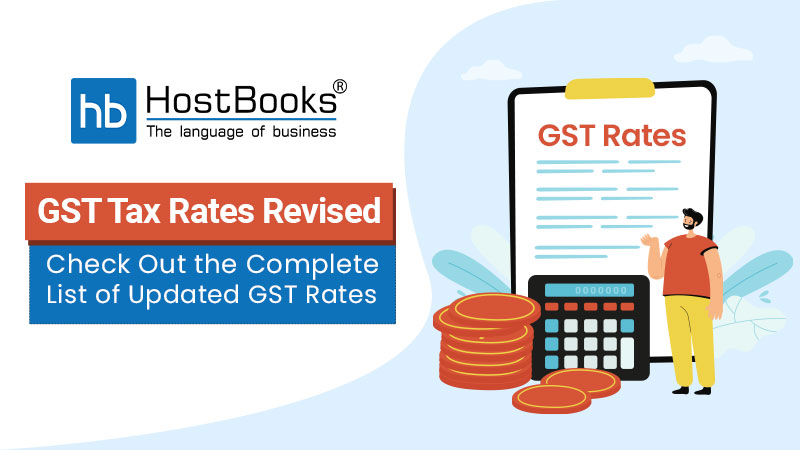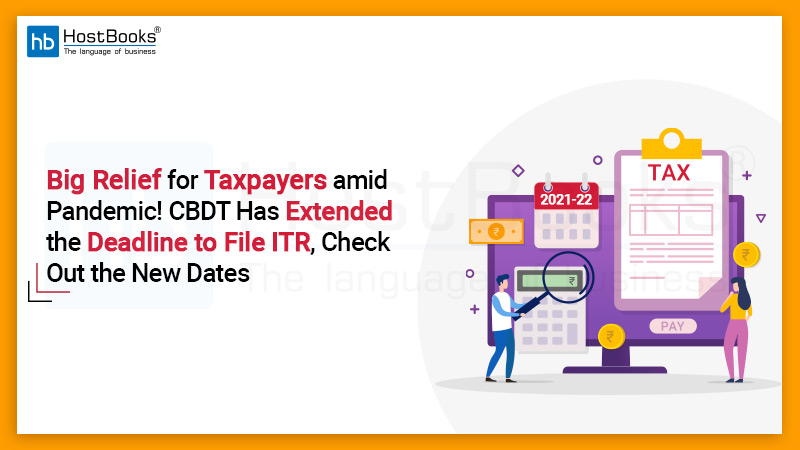Know All About ITR: Last Date, Penalties & Other Details

Source: India Today
Due Date and Eligibility
The last to file your ITR for FY 2018-19 is approaching – July 31st 2019. Individuals and the Hindu Undivided Family (HUFs) having income more than Rs 2.5 lakhs, Rs 3 lakh for senior citizens of age 60 years to 80 years and Rs 5 lakh for super senior citizens of age 80 years or above, are required to file Income Tax Returns (ITR). All companies, Limited liability Partnership (LLPs), trusts, association, political parties whose income prior to the claim of exemptions exceeds the minimum chargeable to tax need to file their ITR mandatorily.
Due Date May Vary
- The last date to file an income tax return (ITR) varies according to the different categories of taxpayers. For individuals, Hindu Undivided Families (HUF) and those taxpayers whose accounts are not required to be audited, the last date of filing ITR for the financial year (FY) 2018-19 is July 31, 2019.
- For other categories such as companies and working partners of a firm, the deadline of July 31 does not apply.
The tax department may extend the last date for filing an income tax return (ITR) for FY 2018-19 as it has already extended the deadline for employers to issue Form 16. Usually, the last date to file ITR by individuals is July 31 but this time it may get extended.
What Happens if You Miss the Deadline?
If you miss the deadline, you will not be able to file ITR until you receive a notice from the Income Tax Department to do so. Even though taxpayers have the chance to file belated ITR till March 31, they are advised against it because late filing fees will be levied if ITR is filed after July 31 and any time before March 31. The penalty for filing ITR post the deadline was announced in Budget 2017.
If you miss the due date, you can still file it till December 31 by paying a late fee up to Rs 5,000. But, if you fail to file the return even by December 31 that late fee is doubled to Rs 10,000 if you happen to file it till March 31, 2020.
For people with an annual income below Rs 5 lakh, a late fee of Rs 1,000 will be charged. If an individual’s gross total income does not exceed the basic exemption limit, then they will not be liable to pay late filing fees if they file belated ITR.
If a resident taxpayer has income from foreign assets and they file belated ITR, then late filing fee will be levied even if the gross total income does not exceed the tax exemption limit.

Try HostBooks
SuperApp Today
Create a free account to get access and start
creating something amazing right now!

















